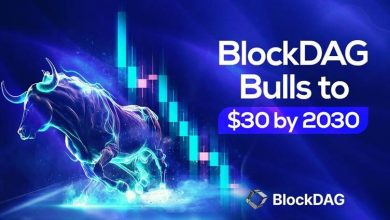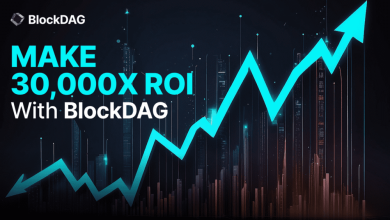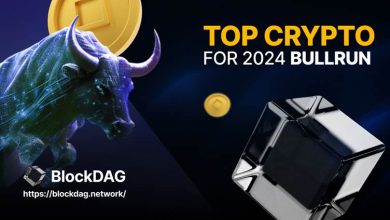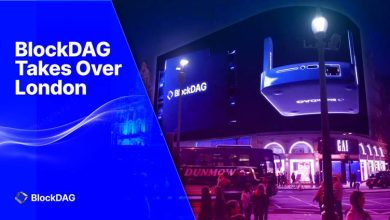The 5 Best Blockchain Platforms to Build Apps On
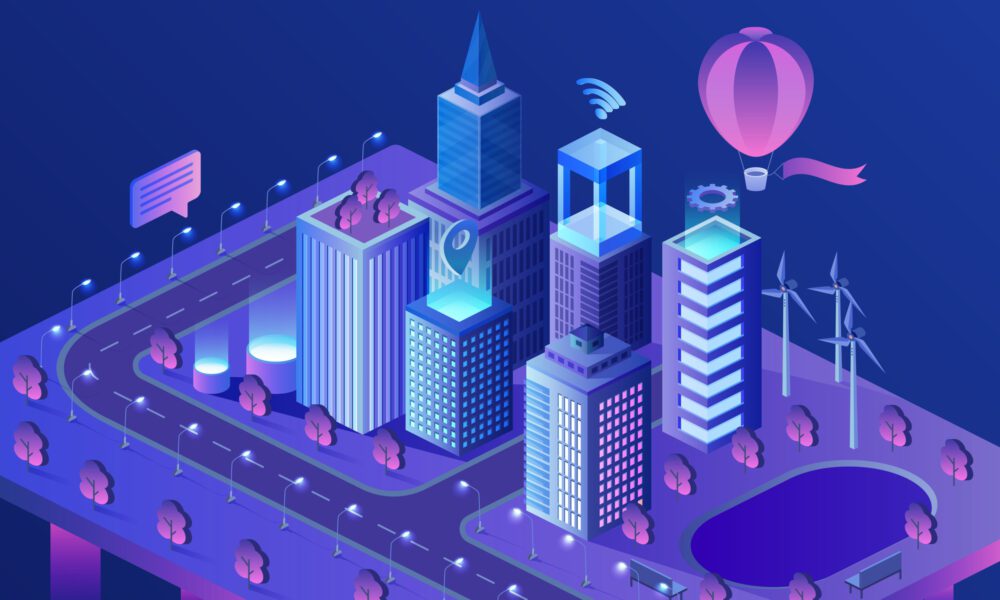
Blockchain technology, a decentralized distributed ledger used for the immutable recording and storing huge amounts of data by processing them as transactions, is central to the world ushering in the next era of technological revolution. How so? Because all emerging technologies use and generate data, and there needs to be a database to store it. Blockchain is this database that will power other emerging technologies.
Although many had—and still have—the misconception that blockchain can only be used for digital currencies, it is a technology that can do so much more. It can greatly enhance the performance of digital systems, thereby substantially improving and innovating processes in various industries—not only that of emerging technologies.
Blockchain will not only maximize profits, but also facilitate full global digitization and digitalization—something that centralized databases and the current Internet cannot handle. The COVID-19 pandemic is a very good example of this. Because healthcare data are stored in different data silos spread across cities and countries, the new virus was not detected immediately.
Data on symptoms and rate of contagion were not made available immediately, which allowed for it to spread rapidly, killing millions of people and greatly affecting the global economy. A global healthcare database can be built on the blockchain that does away with data silos. All patient and research data can be stored on one single platform, allowing doctors, scientists, insurance companies and other stakeholders easy access to global healthcare data.
If this kind of database was already in operation before the pandemic, chances are the virus would not have done as much damage as it did. It also would not have gone on for two years because data on COVID-19 can be updated and accessed instantly on the database; hence, vaccine development and dissemination of the correct information would have been done at a faster pace.
However, it was during the pandemic that awareness about the benefits of blockchain spread. Global businesses and governments have now recognized the value of building digital platforms on blockchain. In fact, according to MarketsandMarkets Research, the blockchain market is expected to grow to $67.4 billion in three years. It is forecasted to have a Compound Annual Growth Rate (CAGR) of 68.4% from 2021 to 2026.
This proves that there is real utility in blockchain as a technology, and it is not just meant to be used for cryptocurrencies. However, not all blockchain platforms are efficient enough to handle the massive amount of data and the extremely high throughput, as measured in transactions per second (TPS), that big businesses or several small companies need.
Here are the top seven blockchain providers (in alphabetical order) that enterprises and governments can use to build their platforms on.
BSV Blockchain
The BSV Blockchain is known for being the biggest public blockchain out in the market. Public blockchains are preferred by many businesses, especially governments, because of its inherent transparency that allows for all transactions to be tracked and traced. On top of this, it has already unlocked its ability to scale unbounded after restoring the original Bitcoin protocol.
Currently, the BSV Blockchain is already completing 4GB data blocks and processing 50,000 to 100,000 TPS at an average fee of $0.000015 per transaction. It also holds the world record of most transactions processed in a single day at over 85 million transactions. The BSV Blockchain focuses on being eco-friendly and regulatory compliant, and all of these factors considered make it more than efficient and practical for enterprises and governments to build on.
Corda
Created by R3 Consortium, a firm specializing in the digitization of financial services,
Corda is being used by big firms like Accenture and NASDAQ. It is a permissioned and scalable blockchain that it states as having been “designed for an open, trusted and enduring digital economy.”
Corda is made for businesses that value privacy as it only processes private transactions. It also worls well for companies that are governed by strict regulations because it is compatible with ISO 20022 and ISDA CDM (Common Domain Model).
Ethereum Blockchain
Although the Ethereum (ETH) Blockchain has a low throughput at only 27 TPS and expensive fees at a current average of $6.14 per transaction, it is worth mentioning here if only for its popularity and huge ecosystem. This problem is due to the fact that its base layer cannot scale. However, this public blockchain is developing second-layer solutions in order to increase its throughput and data blocks, as well as reduce its fees. These solutions will take effect next year.
If a company is looking for a more involved community and is willing to wait until it becomes more efficient and economical, then the ETH Blockchain is something that it would want to consider. The Enterprise Ethereum Alliance has over 250 members, which includes big names like Microsoft and Intel. The ETH Blockchain also specializes in non-fungible tokens (NFTs) and smart contracts.
Hyperledger Fabric
Hyperledger Fabric is an open-source, enterprise-grade and permissioned blockchain hosted by non-profit organization The Linux Foundation. Although a permissioned blockchain does not provide the same level of transparency as a public one, it suits many companies that value privacy and better control of who has access to blockchain data. Access is given only to those with permission, and permission is granted after an identity authentication process.
Hyperledger Fabric, which is designed by IBM and Digital Asset Holdings, is also one of the fastest blockchains there are, processing 3,000 to 20,000 TPS. Because it is open source and permissioned, it also has no transaction fees. But companies would have to pay a membership fee depending on the number of employees they have that would need access to the blockchain. On top of IBM, members include Google, Oracle and Amazon.
IBM Blockchain Platform
With over 100 years in business, IBM is already a known tech giant. Its name alone can be trusted when it comes to tech products. And this is why it had to make sure that the IBM Blockchain Platform, which is actually the “commercial distribution of Hyperledger Fabric,” will live up to its brand value.
This private blockchain boasts of “trusted data exchange and workflow automation” using the open-source Hyperledger Fabric Support Edition, which offers 24×7 support all days of the year. Businesses need not worry that their concerns will not be addressed immediately.
When looking for a blockchain to build platforms and applications on, it is highly important to take into consideration the industry the app will be serving, the type of distributed ledger technology needed (public, permissioned or private), the number of transactions that will be processed on a daily basis (data size and throughput), and the budget the company can afford.
It is especially important for businesses to consider a blockchain’s scalability as it allows for data block size and throughput to increase, while lowering down and stabilizing transaction fees. Future growth of the company also needs to be factored into the equation, as a firm’s market widens, it follows that the number of customers would also increase. In this case, a higher number of transactions will be processed.
For instance, a platform that track’s each product’s journey on the supply chain would require a huge number of transactions. Hence, it would be practical to look for a blockchain that can scale to meet the number of transactions needed, at the same time factoring in the transaction fees. If it would take one dollar to complete one transaction, then a firm would have to be prepared to pay $1 million for a million transactions.


